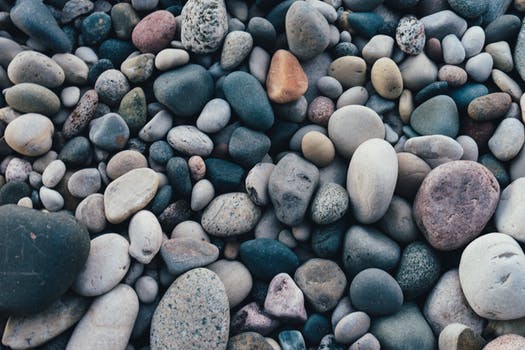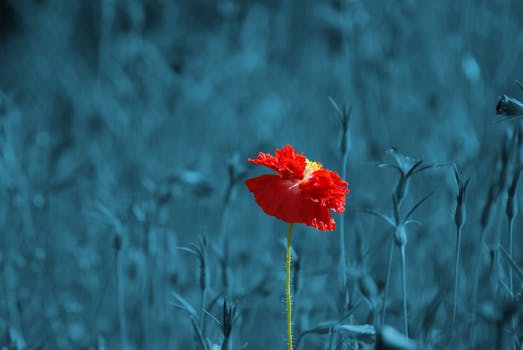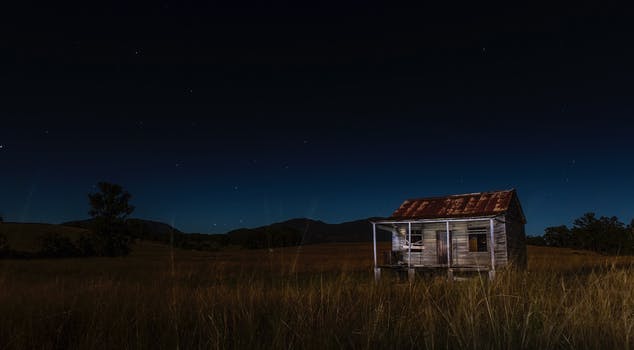Once upon a time, it seemed to us that the people’s revolutions always triumphed, the cruel and callous rightly languished lonely and loveless, and life for the just and blameless was good and free and sunny. Then we grew up and saw fairytales for what they are. It would take years more of life and loss for us to learn to truly exist in what Keats called “negative capability,” to see that we don't always get what we deserve, that---right or wrong---in someone else’s story, we, too, are implicated, in some cruelty or negligence, intentional or not.
In these powerful, remarkable essays about doubt, fear of the unknown, fear of the other, fear of failure---to grow, to love, to protect---we come to realize that, in spite of everything—tragedy or triumph—what is most significant is that we learn to do more than survive: we learn to live, in uncertainty, despite those troublesome longings for resolution and answers. So we, as do the people in these essays, make life happen by focusing, perhaps, on the small things that we create and nurture—little acts and imperfect offerings, which are, ultimately, what save us all, each day. The perfect skipping stone, that one gesture that makes a mediocre pastry unforgettable, thoughts of forgiveness—for ourselves and others.
Strangely enough, in one way, the fairytales were right: we do get what we deserve, and we are all deserving of that bit of forgiveness and love that only we can give, to set ourselves free.
Ranjana Varghese
Creative Non-Fiction Editor
The American experience is one that many have fought, fled, and died for. The idea of the American dream, although still alive, has begun to fade as the country grapples with an administration that seems blinded to the beauty that all people bring to this country through their own culture and experiences. It is easy to get caught up in news reports about epidemics plaguing our country and even easier to move beyond them after a commercial break.
These pieces eradicate the discussions of real vs. fake news and present to readers narratives that amplify the plight of everyday Americans as they deal with issues of race, poverty, drug addiction, and sexuality. These stories provide insight into the real American experience based off the frame of reference of everyday Americans who have lived them.
America is a cultural melting pot and although history seems to repeat itself, these stories stand as a catalyst for change: This is America.
Jimmieka Mills
Creative Non-Fiction Intern
the essays
sweets
louise desalvo
In Ocean Grove down the Jersey shore with her husband, she sees a woman (elderly, like her) and a man (younger, her son?) sitting at a table outside a bakery. She nods to them as she and her husband grab a nearby table, the woman nods back, the man turns away. Screw you, she thinks, marveling at the rage that rises so frequently and unexpectedly these days, Screw you, you bastard, though why she expects the return of her greeting, she can't say. Give without expecting to receive, she reminds herself. She's been trying to practice kindness, which is why she's greeted these strangers in the first place. Let go, she tells herself, let it go.
Choosing Stones
Rachel Laverdiere
I hold my breath when your eyes twitch in your sleep. Though you are now a man, I still have this desire to protect you from the men who chased you in your dreams. I forbid myself to kiss the scar above your lip or to caress the beauty mark on your cheekbone. Instead, I pull a blanket around your shoulders and lean in just enough to smell your hair.
When you were little, you collected so many rocks they spilled from your desk and tumbled from your pockets. Over and over, I explained that you must decide which stones to keep and which to abandon to the river. I told you, “We can’t hold on to everything.”
bunk beds
matthew bukowski
Chris was in the hospital. I wasn’t surprised. My brother does everything in excess: he talks too loudly, eats too much, is too defiant at work. He was born with too many chromosomes. Now, mom said, his heart was too big, swollen and thudding against his ribcage.
I was in bed when mom called. After I hung up, my girlfriend asked: “Are you going to visit?”
Passing down passing
minna dubin
1. It is impossible to avoid the pervasiveness of Christmas. My 4-year-old son watches videos. He attends preschool (that Santa, he never forgets to give out gifts!). That my son has any idea we’re Jewish in Christian-centric America is a victory.
smoke speak
jessica santala
She smoked pot for the first time when she was twelve. It was 1994, and a good friend, a lean-to friend, died during a parade down Main Street. Class of 2000, her graduating class, and everyone present besides her. Adeline got caught in the wheel of a parade float. She wasn’t there at Adeline’s side, ready to pull the skirt from the wheel, to yell out like Adeline never could. She would’ve been there, could’ve been there if it weren’t for the divorce, the time legally owned by Mother. Adeline died of internal bleeding. It was thirty-miles to the nearest hospital.
american exceptionalism
robert d. kirvel
When on rare occasions we encounter in the flesh the textbook definition of a character type, stereotyping’s seductive appeal can feel unsettling. Tad, the husband of my former sister-in-law, is a good old boy of the my-country-right-or-wrong, love-it-or-leave-it ilk. He donates generously to the NRA, drops everything when summoned for a cause involving bullets, and cheers from his armchair the self-styled philosophers on biased broadcast and social media because their political arguments are invariably presented, Tad affirms, in such a balanced way.
homeland
madison larimore
I was born hungry in a trailer on the Missouri-Arkansas line beneath a blood moon and a Scorpio sky. Our singlewide permanently rested on my paternal grandmother’s lot in a village of abandoned buildings, an almost-town of dreams never realized spilling into a manmade lake of mud and mold and acrid fish, failing to attract tourists, our lifeblood. My homeland is for dying locals. For wood paneling, humidity dew at the height of day, wolf spiders under bed sheets, and tree plague. I grew among gardens of weeds, eternal cicadas, thick incense, and gargoyles. Instead of Christmas lights, we left our Halloween decorations up all year round.










